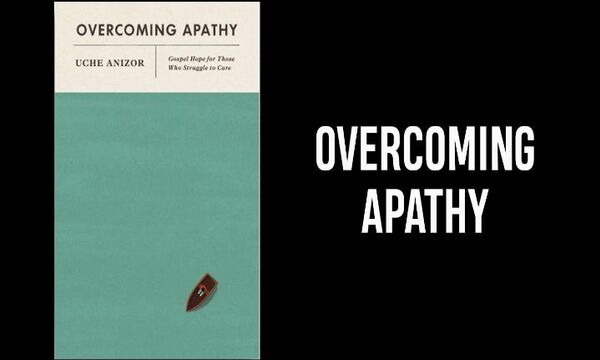Posts by Uche Anizor
Triviality and the Problem of Apathy
Adapted from Overcoming Apathy: Gospel Hope for Those Who Struggle to Care
Book Excerpt: Fall 2021
Praise Father, Son, and Holy Ghost
Best of the Blog: Fall 2020
Should We Take Communion Remotely?
Shelf Life
Recent publications from our very own Talbot faculty.
The Compartmentalization Conundrum by Jake Aguas
Biola Faculty on a Theology of Work
 Biola University
Biola University



